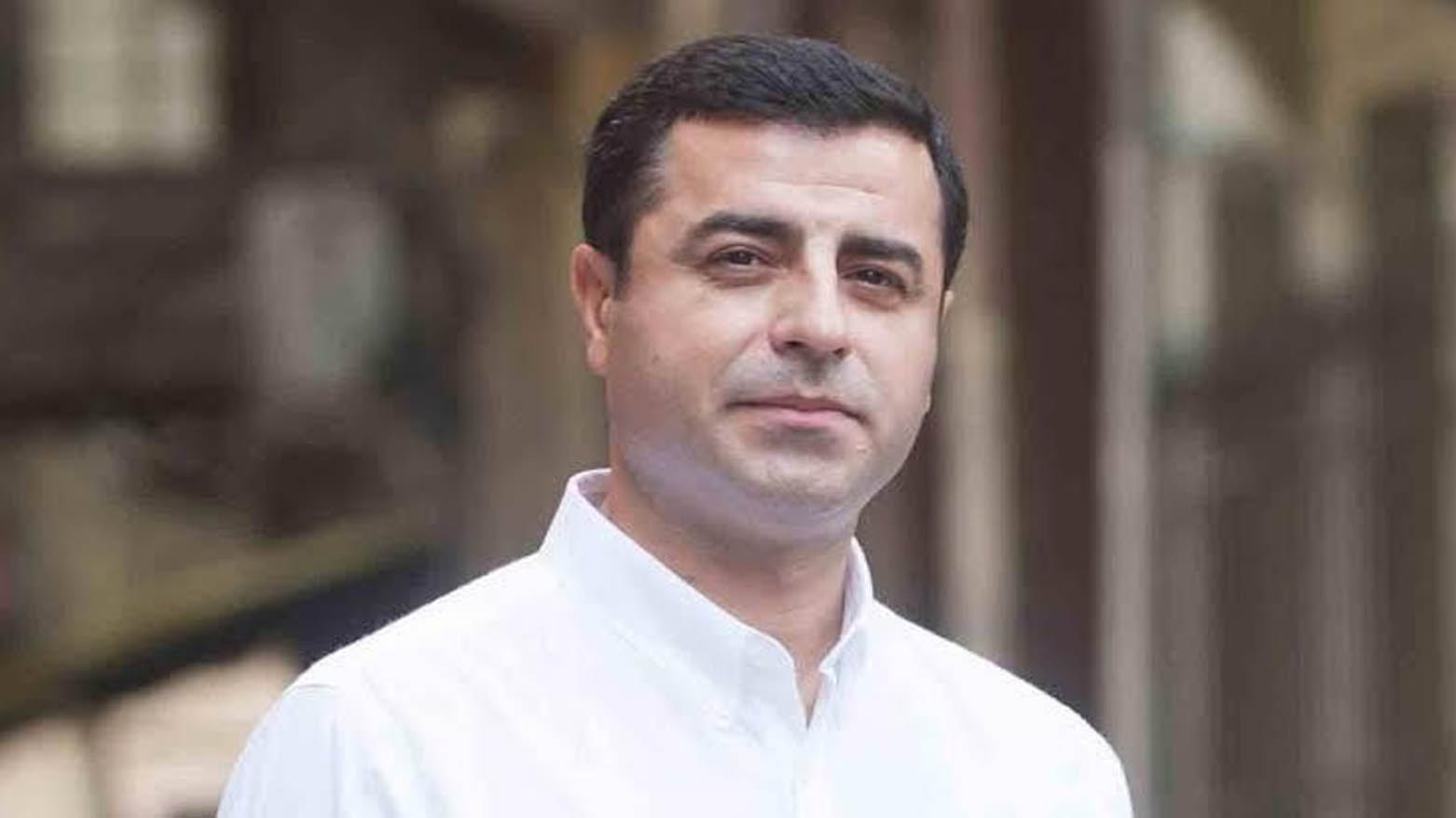Demirtaş Appeal Process Begins as Kobani Case Moves Forward, Raising Hopes for Legal Reform
On May 16, 2024, the 22nd Heavy Penal Court of Ankara handed down heavy sentences to multiple politicians, culminating in 32,630 pages of legal documentation. Demirtaş was sentenced to 42 years in prison, while Yüksekdağ received a 32-year sentence.

ERBIL (Kurdistan24) — The appeal process has officially begun in the high-profile Kobani case involving former Peoples' Democratic Party (HDP) co-chairs Selahattin Demirtaş and Figen Yüksekdağ.
On May 16, 2024, the 22nd Heavy Penal Court of Ankara handed down heavy sentences to multiple politicians, culminating in 32,630 pages of legal documentation. Demirtaş was sentenced to 42 years in prison, while Yüksekdağ received a 32-year sentence. These verdicts followed a lengthy legal process stemming from the 2014 protests in southeastern Turkey in support of the Syrian Kurdish city of Kobani.
With the initial trial phase concluded, defense lawyers now have the opportunity to submit appeals to the Court of Appeal, marking a new chapter in the legal battle. The appeal process opens the door for judicial review and potential reconsideration of arrest warrants and sentences.
Turkish media reports suggest that the appeal hearing is expected to take place soon, with growing public and political attention. The Peoples' Equality and Democracy Party (DEM Party) has renewed its calls for broader judicial reforms, including amending the penal code and addressing the status of sick and political prisoners.
International human rights organizations, including the European Court of Human Rights (ECHR), have long urged the release of Demirtaş and Yüksekdağ. While Turkey has yet to act on those recommendations, the launch of the appeal process is seen by many as a step toward potential legal redress and increased political dialogue.
Observers note that these legal proceedings could influence future efforts toward a renewed peace process in Turkey, amid ongoing debates about justice, democracy, and minority rights.